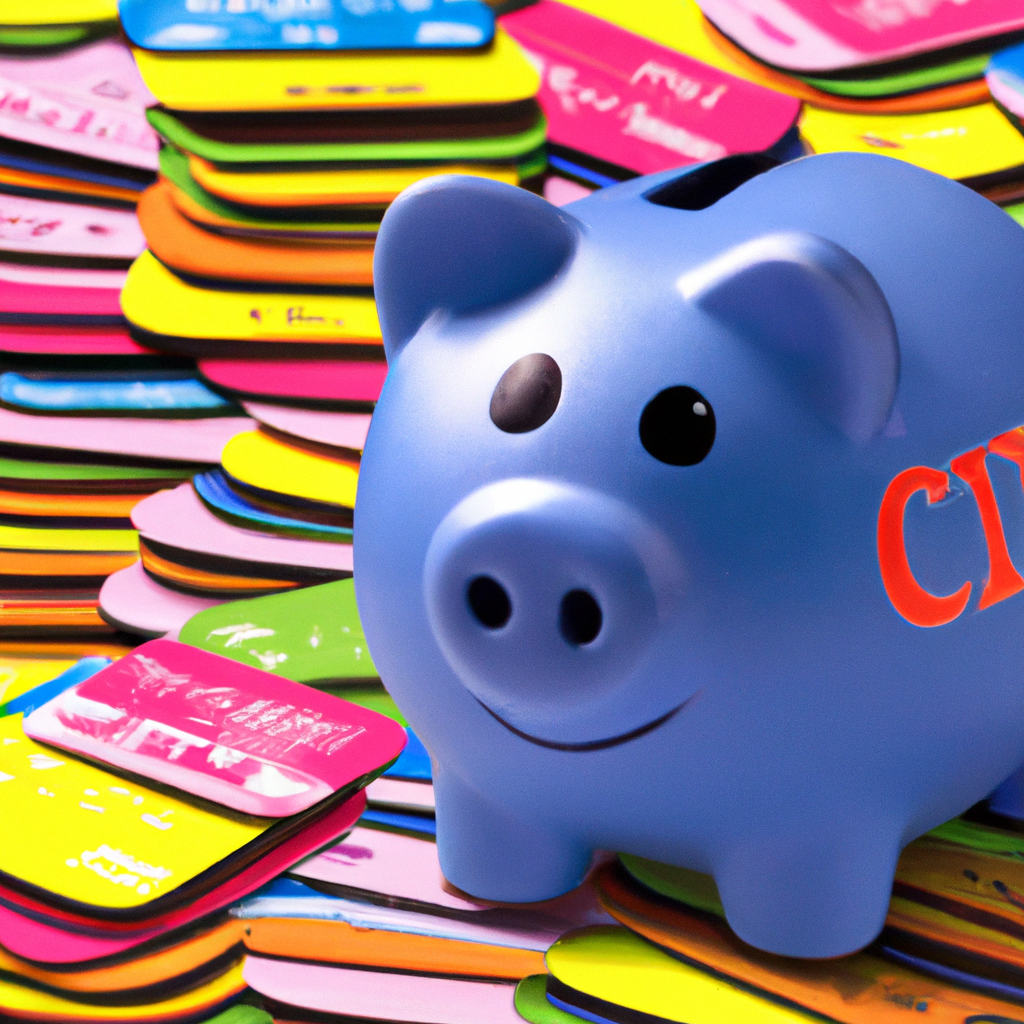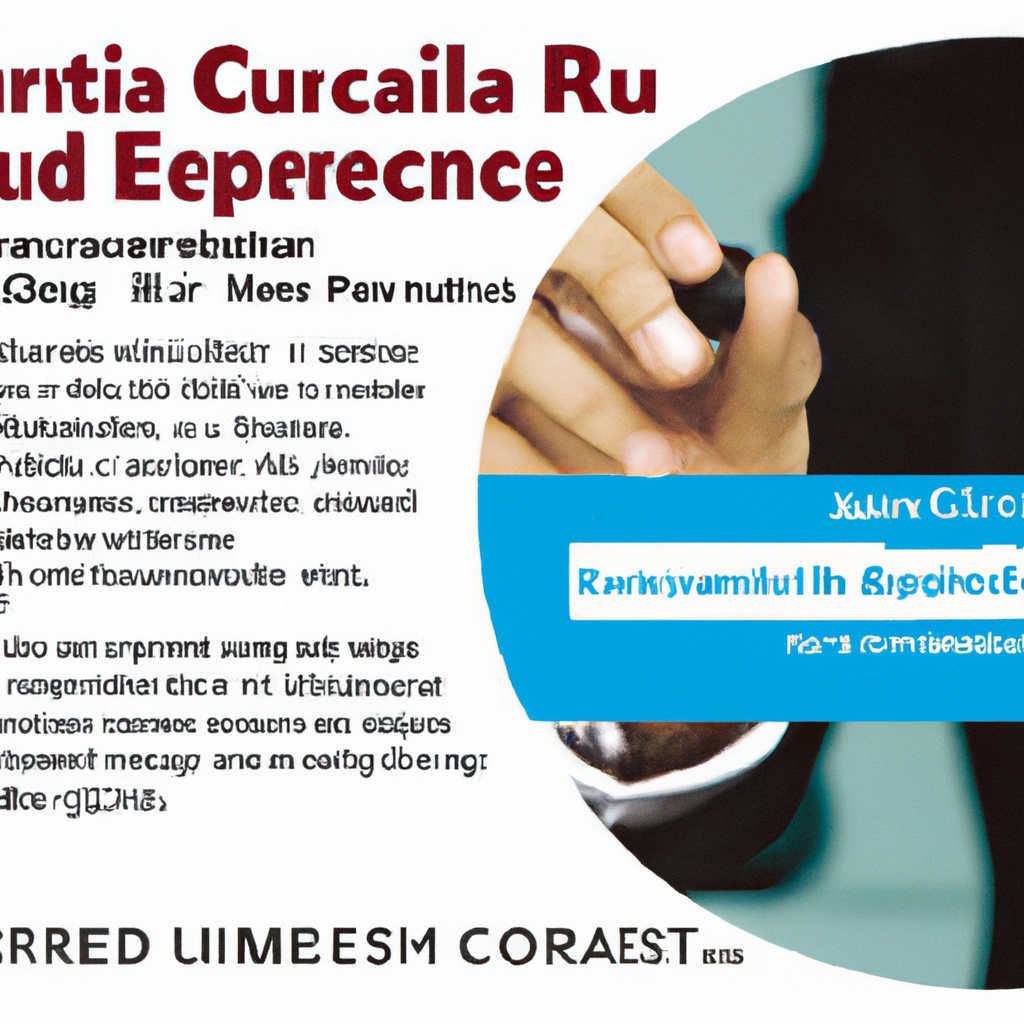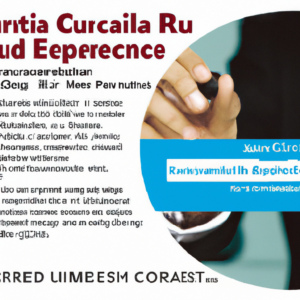Are you looking for ways to manage your credit effectively? Look no further! In this article, we will provide you with 10 valuable tips on how to use credit responsibly. Whether you’re a seasoned credit user or just starting out, these tips will help you stay on track and avoid any potential pitfalls. From paying your bills on time to monitoring your credit score, we’ve got you covered. So, let’s dive into these tips and start using credit responsibly today!

What is Credit?
Definition of credit
Credit refers to the ability to borrow money or obtain goods or services with the promise of future payment. It allows individuals and businesses to access funds that they may not currently have available, providing them with the opportunity to make purchases or investments.
Types of credit
There are several types of credit that individuals can utilize:
- Credit Cards: These are the most common form of credit, allowing individuals to make purchases and repay the amount borrowed at a later date. Credit cards often come with various benefits and rewards programs.
- Loans: Loans involve borrowing a specific amount of money that is to be repaid over a predetermined period. There are different types of loans available, such as personal loans, student loans, and mortgage loans.
- Lines of Credit: A line of credit provides individuals with access to a predetermined amount of money, which they can borrow as needed. Interest is charged on the amount borrowed, and repayment terms vary depending on the agreement.
- Store Credit: Some retailers offer their customers the option to obtain credit specifically for purchases at their stores. Store credit is typically limited to that specific retailer and may come with special promotions or discounts.
- Installment Plans: Installment plans allow individuals to purchase goods or services and pay for them over time in equal monthly installments. This can be an effective way to budget for larger purchases without incurring interest charges.
Tip 1: Understand How Credit Works
Know your credit score
Your credit score is a numerical representation of your creditworthiness and a key factor that lenders consider when deciding whether to extend credit to you. It is important to know and understand your credit score to gauge your financial health and potential borrowing opportunities.
Learn about credit reports
Credit reports provide a detailed record of your borrowing history, including information about your credit accounts, payment history, and any delinquencies. By obtaining and reviewing your credit reports regularly, you can ensure their accuracy and identify areas for improvement.
Understand interest rates
Interest rates determine the cost of borrowing money and can vary depending on factors such as your credit score and the type of credit you are seeking. Understanding how interest rates work can help you make informed decisions and save money over time.
Know your credit limits
Credit limits refer to the maximum amount you can borrow or charge on a credit card or line of credit. It is essential to be aware of your credit limits and avoid exceeding them, as doing so can negatively impact your credit score and lead to additional fees or penalties.
Be aware of credit utilization
Credit utilization is the percentage of your available credit that you are currently using. It is recommended to keep your credit utilization below 30% to maintain a good credit score. Being mindful of your credit utilization can help you manage your credit responsibly and avoid excessive debt.
Tip 2: Create a Budget
Track your income and expenses
Creating a budget involves keeping track of your income and expenses to ensure that you are not spending more than you earn. This will help you identify areas where you can cut back or adjust your spending habits to allocate funds towards credit payments.
Allocate funds for credit payments
When creating your budget, make sure to allocate enough funds to cover your credit payments each month. This includes making the minimum payments required by your credit accounts to avoid late fees, penalties, and potential damage to your credit score.
Avoid overspending
Sticking to your budget and avoiding unnecessary or impulsive purchases is crucial for managing credit responsibly. By practicing self-discipline and prioritizing your financial goals, you can ensure that your credit obligations are met without accumulating excessive debt.
Tip 3: Pay Your Bills on Time
Set up reminders or automatic payments
To avoid missing payments and incurring late fees, consider setting up reminders or automatic payments for your credit accounts. Many financial institutions offer these services, allowing you to have peace of mind knowing that your bills will be paid on time.
Prioritize credit card payments
If you have multiple credit accounts, prioritize paying off your credit card balances first. Credit card interest rates are typically higher compared to other forms of credit, so paying down credit card debt can save you money in the long run.
Avoid late fees and penalties
Late payments can negatively affect your credit score and result in additional fees and penalties. By paying your bills on time, you can maintain a good credit standing and avoid unnecessary financial burdens.

Tip 4: Keep Your Credit Utilization Low
Pay off balances in full each month
To maintain a low credit utilization ratio, aim to pay off your credit card balances in full each month. This demonstrates responsible credit management and can positively impact your credit score.
Use credit sparingly
Only use credit when necessary and for essential purchases. It may be tempting to use credit for non-essential items, but doing so can lead to increased debt and financial strain. By using credit sparingly, you can keep your credit utilization low and avoid unnecessary interest charges.
Avoid maxing out credit cards
Maxing out your credit cards by reaching their limits can have a detrimental impact on your credit score. It is best to keep your credit card balances well below their limits to demonstrate responsible credit usage and maintain a healthy credit profile.
Tip 5: Avoid unnecessary debt
Think twice before taking on new debt
Before taking on new debt, evaluate whether it is necessary and fits within your budget. Taking a moment to consider the long-term implications of new debt can help you make informed decisions and avoid unnecessary financial strain.
Consider the long-term consequences
Debt can have long-lasting consequences, affecting your financial well-being and future borrowing opportunities. Understanding the potential impact of taking on debt can motivate you to exercise caution and only borrow when absolutely necessary.
Evaluate the necessity of purchases
Before making a purchase, evaluate its necessity and consider whether it can be delayed or eliminated. By distinguishing between wants and needs, you can prioritize your spending and make more responsible credit decisions.

Tip 6: Read and Understand Credit Card Terms and Conditions
Be aware of interest rates and fees
When considering applying for a credit card, it is crucial to read and understand the associated interest rates and fees. This knowledge will enable you to make informed decisions and select a credit card that aligns with your financial needs.
Know the penalties for late payments
Familiarize yourself with the penalties for late credit card payments, such as late fees and increased interest rates. Understanding these consequences will encourage you to make timely payments and avoid unnecessary financial burdens.
Understand balance transfer terms
If you are considering a balance transfer to consolidate credit card debt or take advantage of lower interest rates, carefully read and understand the terms and conditions. Be aware of any introductory offers that may expire and potential balance transfer fees.
Tip 7: Review Your Credit Reports Regularly
Check for errors or inaccuracies
Monitoring your credit reports regularly helps you identify any errors or inaccuracies, such as incorrect account information or fraudulent activity. Reporting and resolving these issues promptly will help maintain the accuracy of your credit history.
Report any discrepancies
If you identify any discrepancies or suspicious activity on your credit reports, report them to the credit bureaus and the relevant financial institutions immediately. Taking swift action can protect your credit standing and prevent further damage.
Monitor your credit activity
Regularly monitoring your credit activity allows you to stay informed about any changes or new accounts opened in your name. This proactive approach helps detect and prevent identity theft, ensuring the security of your financial information.

Tip 8: Avoid Opening Multiple Credit Accounts at Once
Consider the impact on your credit score
Opening multiple credit accounts within a short period can negatively impact your credit score. Each new account application can result in a temporary dip in your score, so it is best to only open new credit accounts when necessary.
Manage accounts responsibly before opening new ones
Before considering opening new credit accounts, focus on responsibly managing your existing credit. This includes making on-time payments, keeping balances low, and maintaining a good credit utilization ratio. By demonstrating responsible credit behavior, you increase your chances of qualifying for favorable terms on new accounts.
Tip 9: Seek Professional Advice if Needed
Consult a financial advisor
If you have specific financial goals or concerns, consider consulting a financial advisor. They can provide personalized guidance and help you make informed decisions regarding credit and your overall financial well-being.
Seek credit counseling if facing difficulties
If you are experiencing difficulties managing your credit or facing financial challenges, seek credit counseling from reputable organizations. Credit counselors can provide guidance on budgeting, debt management, and financial education to help you regain control of your finances.
Using credit responsibly is essential for maintaining a healthy financial life. By understanding how credit works, creating a budget, paying bills on time, keeping credit utilization low, avoiding unnecessary debt, reading and understanding credit card terms and conditions, reviewing credit reports regularly, being cautious about opening multiple credit accounts, and seeking professional advice when needed, you can effectively manage your credit and achieve financial stability.

